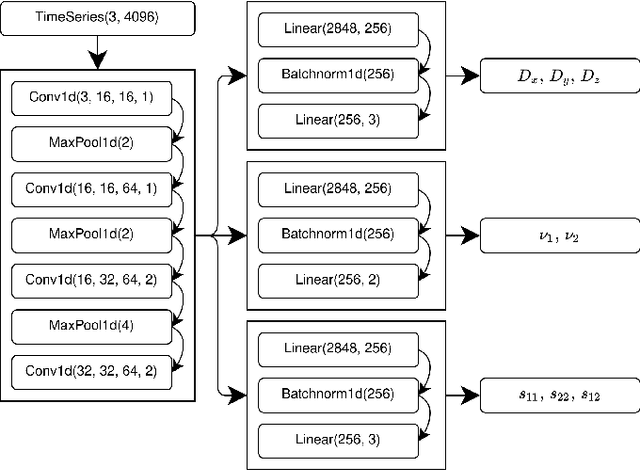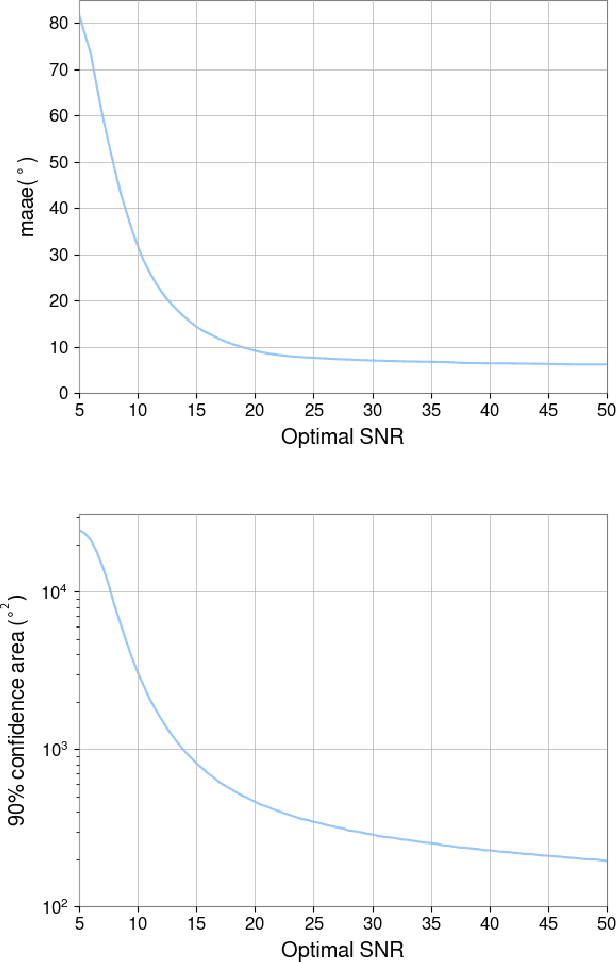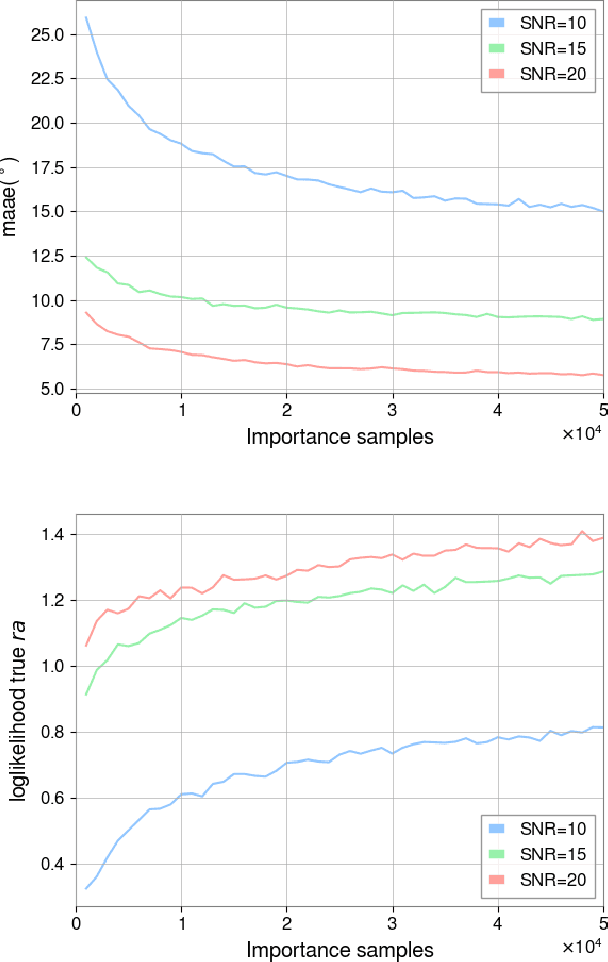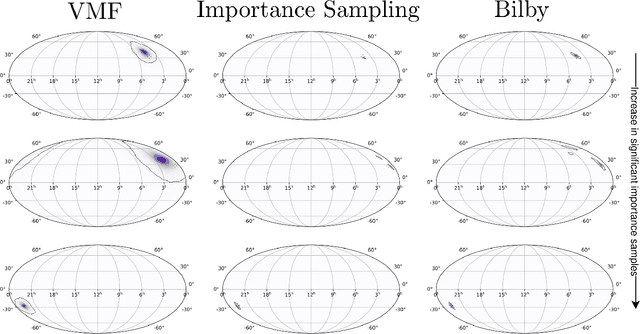Sarah Caudill
DeepExtractor: Time-domain reconstruction of signals and glitches in gravitational wave data with deep learning
Jan 30, 2025



Abstract:Gravitational wave (GW) interferometers, detect faint signals from distant astrophysical events, such as binary black hole mergers. However, their high sensitivity also makes them susceptible to background noise, which can obscure these signals. This noise often includes transient artifacts called "glitches" that can mimic astrophysical signals or mask their characteristics. Fast and accurate reconstruction of both signals and glitches is crucial for reliable scientific inference. In this study, we present DeepExtractor, a deep learning framework designed to reconstruct signals and glitches with power exceeding interferometer noise, regardless of their source. We design DeepExtractor to model the inherent noise distribution of GW interferometers, following conventional assumptions that the noise is Gaussian and stationary over short time scales. It operates by predicting and subtracting the noise component of the data, retaining only the clean reconstruction. Our approach achieves superior generalization capabilities for arbitrary signals and glitches compared to methods that directly map inputs to the clean training waveforms. We validate DeepExtractor's effectiveness through three experiments: (1) reconstructing simulated glitches injected into simulated detector noise, (2) comparing performance with the state-of-the-art BayesWave algorithm, and (3) analyzing real data from the Gravity Spy dataset to demonstrate effective glitch subtraction from LIGO strain data. DeepExtractor achieves a median mismatch of only 0.9% for simulated glitches, outperforming several deep learning baselines. Additionally, DeepExtractor surpasses BayesWave in glitch recovery, offering a dramatic computational speedup by reconstructing one glitch sample in approx. 0.1 seconds on a CPU, compared to BayesWave's processing time of approx. one hour per glitch.
Swift sky localization of gravitational waves using deep learning seeded importance sampling
Nov 01, 2021



Abstract:Fast, highly accurate, and reliable inference of the sky origin of gravitational waves would enable real-time multi-messenger astronomy. Current Bayesian inference methodologies, although highly accurate and reliable, are slow. Deep learning models have shown themselves to be accurate and extremely fast for inference tasks on gravitational waves, but their output is inherently questionable due to the blackbox nature of neural networks. In this work, we join Bayesian inference and deep learning by applying importance sampling on an approximate posterior generated by a multi-headed convolutional neural network. The neural network parametrizes Von Mises-Fisher and Gaussian distributions for the sky coordinates and two masses for given simulated gravitational wave injections in the LIGO and Virgo detectors. We generate skymaps for unseen gravitational-wave events that highly resemble predictions generated using Bayesian inference in a few minutes. Furthermore, we can detect poor predictions from the neural network, and quickly flag them.
 Add to Chrome
Add to Chrome Add to Firefox
Add to Firefox Add to Edge
Add to Edge